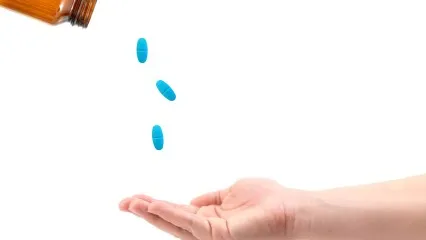
How Japan’s pharma companies gain value from real-world evidence
The world's top 20 pharma firms can gain $300m a year using advanced analytics.
Pharmaceutical companies in Japan can take advantage of an opportunity to obtain value from real-world evidence (RWE) using advanced analytics and to better ensure patient outcomes, according to a report from McKinsey & Company.
The report noted that the companies have long been using RWE to inform their decision-making, respond to requests from external stakeholders, improve their therapies and, more recently in some jurisdictions, gain regulatory approval for new treatments.
McKinsey noted the world’s top 20 pharma companies could each gain an estimated $300m a year over the next three to five years by using advanced RWE analytics across the value chain.
“Advanced RWE analytics have been deployed more widely in Europe and the United States but are now gaining momentum in Japan. Some companies in Japan have already seen results. Few, however, are deploying advanced RWE analytics at scale, and some are yet to begin,” the report stated.
Globally, advances in analytical techniques such as predictive models, machine learning, probabilistic causal models, and unsupervised algorithms are helping to make RWE an increasingly powerful resource for pharma companies.
READ MORE: India locally develops 35 previously imported pharma ingredients
But there are developments that are more specific to the Japanese market, such as the wider acceptance by regulators of studies other than randomized controlled trials, government initiatives to develop and allow aggregated data, an emerging ecosystem, and more offerings from data providers, McKinsey said.
“Against this backdrop, many pharma companies in Japan are already starting to obtain value from advanced RWE analytics,” the report stated.
McKinsey advised companies intending to start deploying advanced RWE analytics to be clear about their strategy and vision on RWE as well as the value they are targeting, particularly if they are struggling to know where to begin given existing organizational capabilities.
Creating the right organizational structure, operating model, and culture will also help them address challenges in disseminating learnings from initial use cases of the technology across organizations, the report stated, as will a data strategy that helps deliver impact at scale.
It is also important to look into investments in long-term partnerships as well as tools and the technological environment, in order to overcome barriers to further expansion.
Local governments, start-ups, academic consortia, analytics companies, and healthcare providers are among those who can help pharmaceutical companies advance their capabilities, the report noted.
“It will likely take several years of effort to obtain the discipline’s full value given the new capabilities that need to be built and the new ways of working, but there are early signs that a few companies are excelling in this area,” McKinsey said.
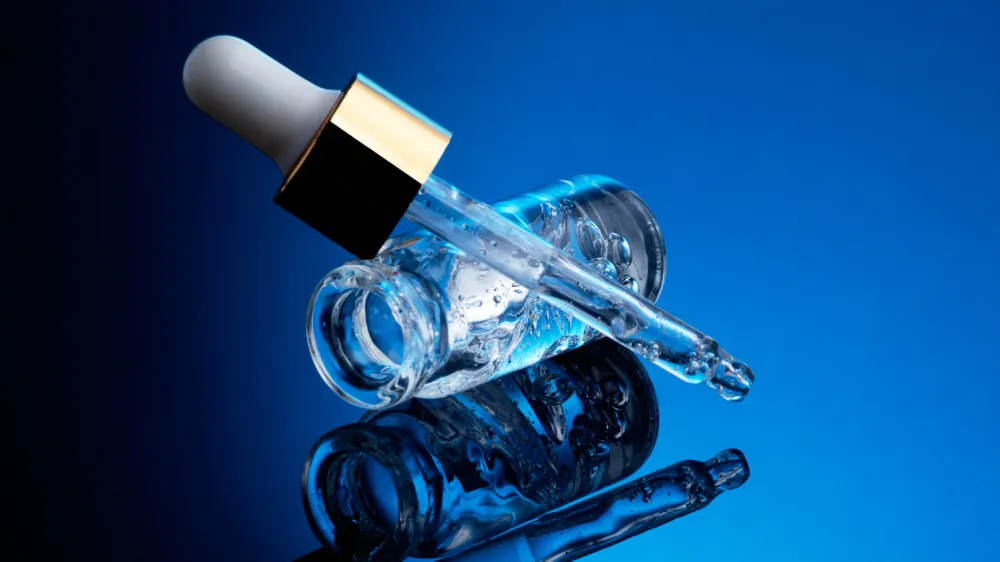
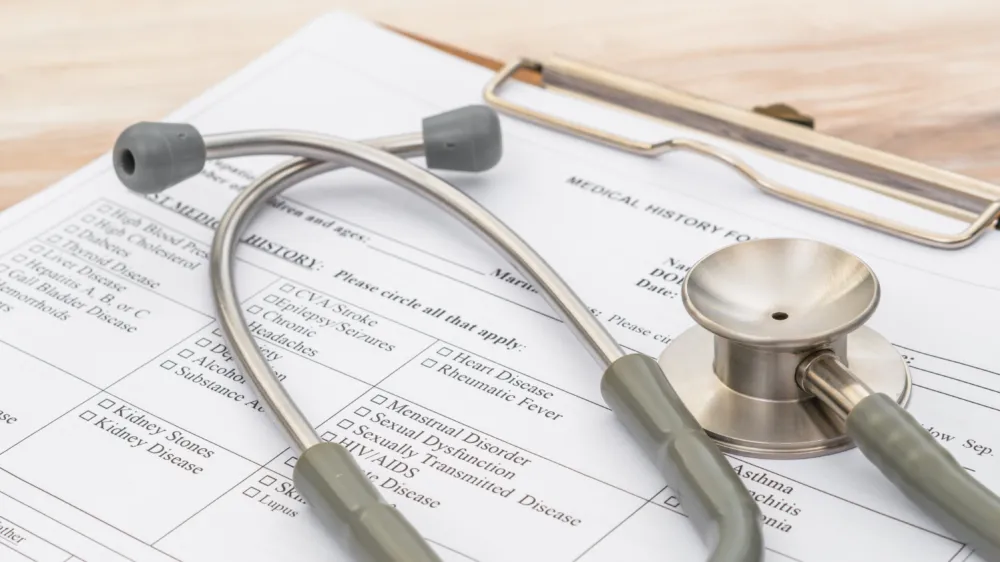
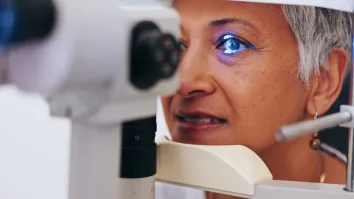
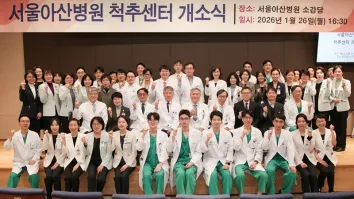
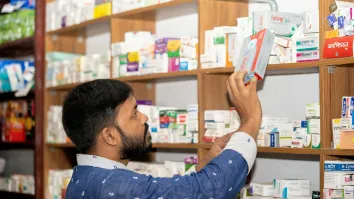
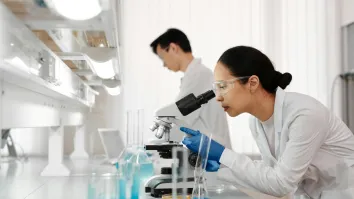













 Advertise
Advertise







